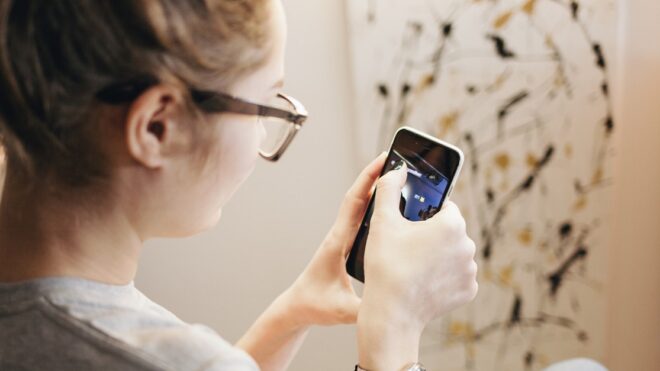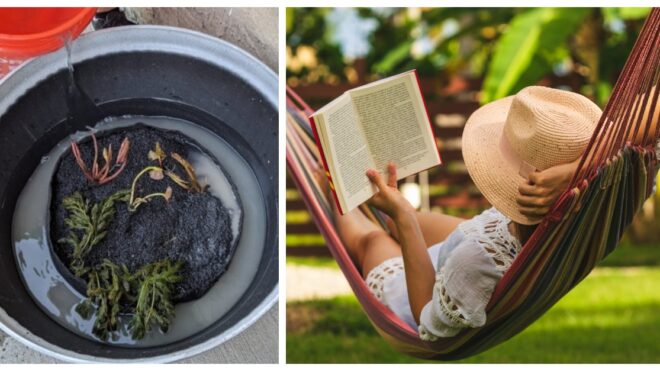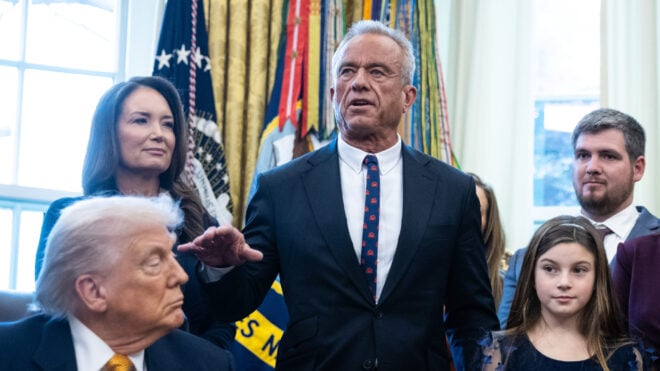
For college students who were able to learn on campus this year, a dilemma has arisen. They want to be home with their families for the holidays, but they don't want to put anyone at risk.
Thanksgiving, in particular, poses a challenge. It's just a long weekend, after which many students will have to return to campus. That back-and-forth, coupled with our current COVID-19 reality, pose some issues.
Those issues will keep some students away from their families this Thanksgiving. Colleges are also weighing in on the matter, with different policies and practices in place for students making one decision or the other.
For those who are heading home to their families, experts are sharing their recommendations for doing things in the safest manner possible. Those plans need to get underway sooner than later and must be undergone carefully. There's still time to make Thanksgiving at home a reality, but it must be approached the right way.
Plan ahead further than usual.

"There shouldn't be the expectation that you're going to not quarantine at school, arrive home, and somehow think you can do that within 48 hours of when you plan to cut turkey," Rochelle Walensky, chief of the Division of Infectious Diseases at Massachusetts General Hospital, told The Washington Post.
Many areas in the country are struggling with rising numbers right now, so it makes sense that at some point, especially if you're planning on a multigenerational gathering, you'll have to quarantine to safely get together. Still, many will want to gather despite the risk.
Quarantining and testing are key.
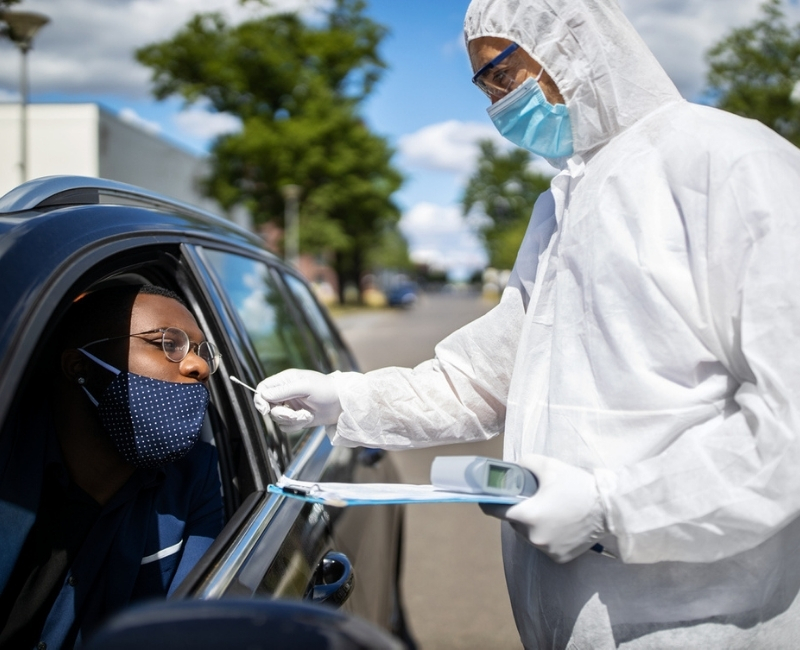
"The safest thing to do is go home two weeks before Thanksgiving, which we're almost at, hang out there for two weeks and then come out of your quarantine," Rochelle said.
Students can also self-quarantine on campus but should exercise great caution and wear masks anytime they are not alone. Experts also recommend students get tested before arriving home, but they should understand that multiple tests over a course of days will give the best reassurance of health.
Determine which mode of transportation makes the most sense.
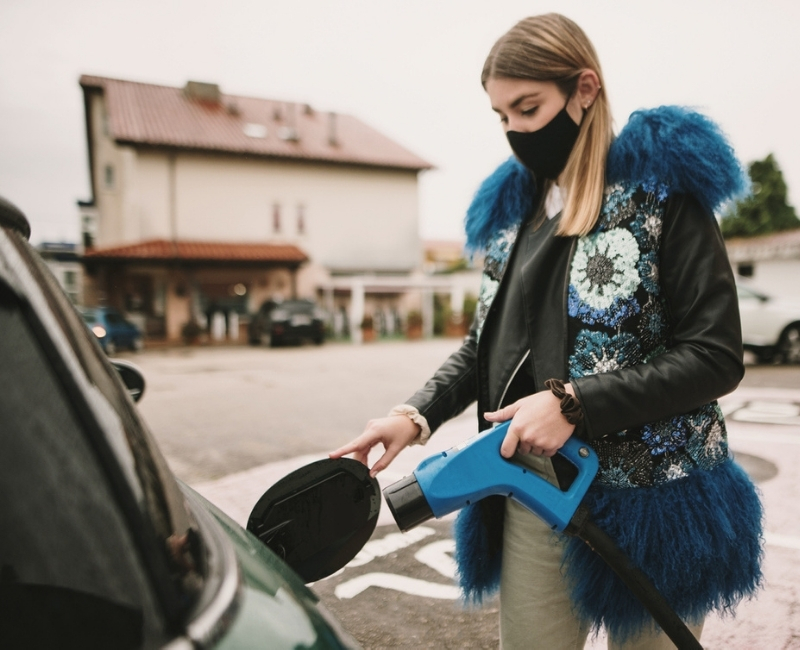
Depending on where your student is and how far they have to travel, it will take some careful planning to stay safe. Dr. Aaron Glatt, who works at New York's Mount Sinai South Nassau hospital and is a spokesperson for the Infectious Diseases Society of America (IDSA), says it's the behaviors while traveling, not the traveling itself, that can cause exposure.
"The traveling part isn't a real danger. If you're going to an area that's a high-incident area, that's a concern. Travel itself is fine," he told BuzzFeed.
"Traveling by car poses minimal risk if the people you travel with are all your family. If you stop at a hotel and it's sensibly cleaned and you're not eating in inappropriate settings and if you're masking and distancing, I don't think it's a problem. Probably planes are nowhere near as risky as we originally thought, and if you're masked and distanced and it's a relatively short flight, you're probably fine."
Make sure everyone's on the same page about the risk at hand.

There should be no surprises here. Everyone should be aware of who will be there, how safe they've been being up until this point, and any other pertinent information. It's better than something coming up mid-meal that makes another person uncomfortable or, worse, gets someone ill.
"There is no right or wrong answer. It's about the relative risk you're willing to take," Dr. Anthony Fauci told The New York Times.
"It depends on the contacts in the home you're going to. If you have an immunosuppressed person or a grandfather who's 92 years old, the risk is great. If you're going into a home with a healthy 45-year-old father and mother and a brother and sister in their teens, the chances of there being a problem are much less."
Take extra measures in the first day home.
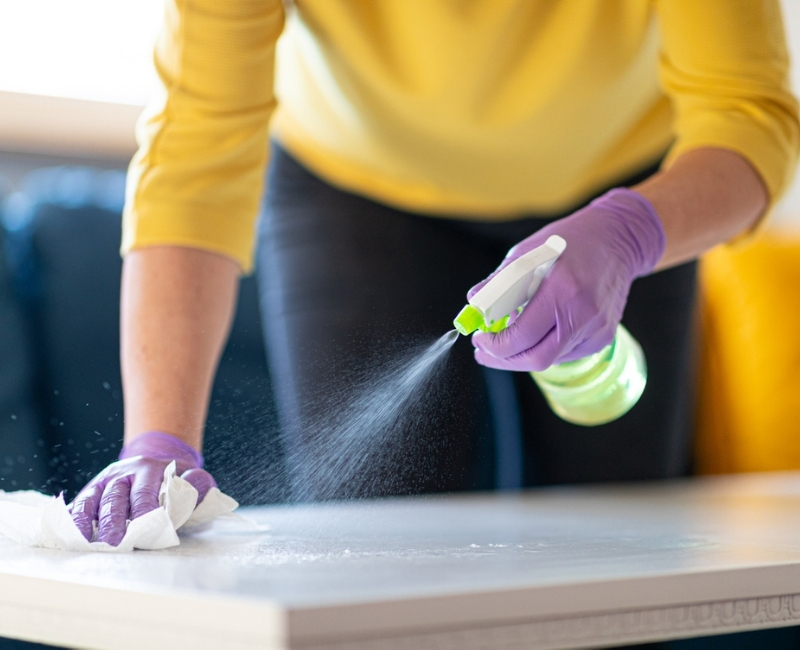
It's not a bad idea to err on the side of caution. That might mean that the returning student is limited to certain areas of the house, or that all family members wear masks inside and outside. Consider cracking or opening windows to improve air circulation.
Try to keep students from different schools apart where possible.
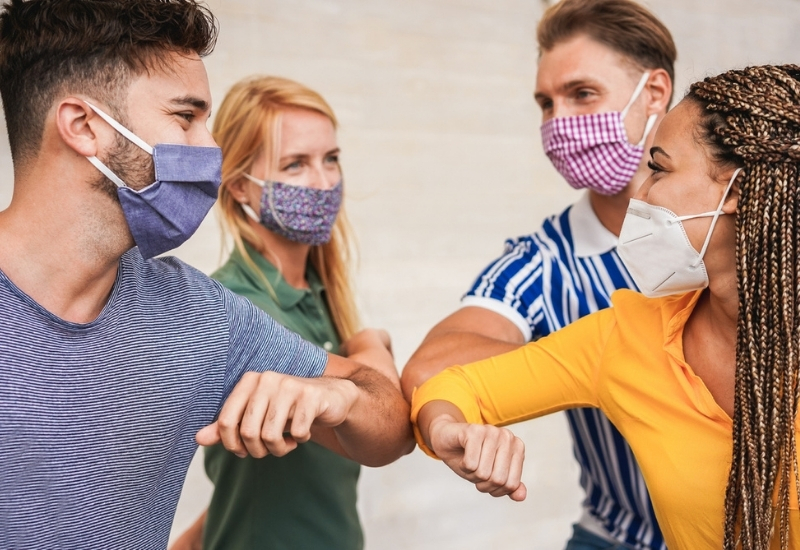
If you have multiple college students coming home from different campuses, they should not be quarantining together where possible. Cathy Neumann, an Illinois mom with three college students at three different schools, shared her approach.
"If one of the kids is positive, we do have the option of them sleeping in our camper on the driveway, or we have enough hotel points to book a hotel room for them, " she said.
"We haven't really talked about that though. The boys also live in a house off campus, so if they're positive we could also say, 'Nope, you can't come home.' But I will seriously cry for days if that happens."
Consider changes you'll need to make to the dinner itself.

There are decisions to be made when it comes to Thanksgiving dinner itself. Are you eating outside or increasing ventilation to eat inside? Do you have enough utensils for everyone to serve themselves and not share serving spoons? Be mindful of how you can minimize the number of people touching any one given item at the table with multiple salt shakers, condiment bottles, etc.
Rethink the guests and elderly relatives.

If your college student is coming home, it's all the more reason to keep your gathering small. Try to avoid having people from outside your household join you, even if it is someone you know who has been staying safe. As far as elderly relatives are concerned, going to visit them shouldn't be on the itinerary for your returning college kid, as painful as that may be.
Do everything you can.
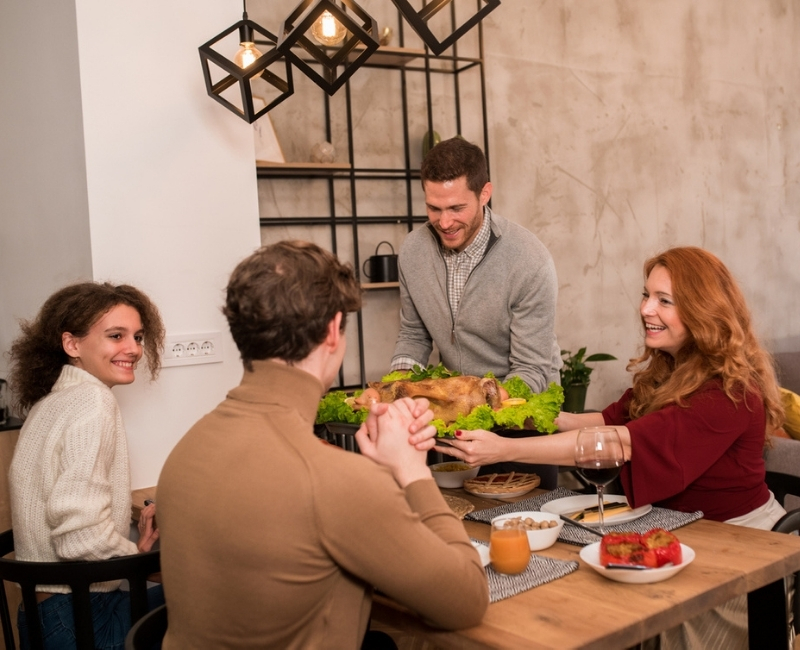
Every mitigation option may not be available to you, but it's important to do what you can.
"Sometimes our public health recommendations don't reflect the complex reality of people's lives," said Julia Marcus, an infectious disease epidemiologist at Harvard Medical School.
"That's not a reason to not try to mitigate risk in small ways. Some combination of testing before travel, mitigating risk during travel and then trying to keep some distance, wearing masks at least a few days after arriving — those can all add up to some amount of risk reduction."
Don't forget about your health after the holiday.
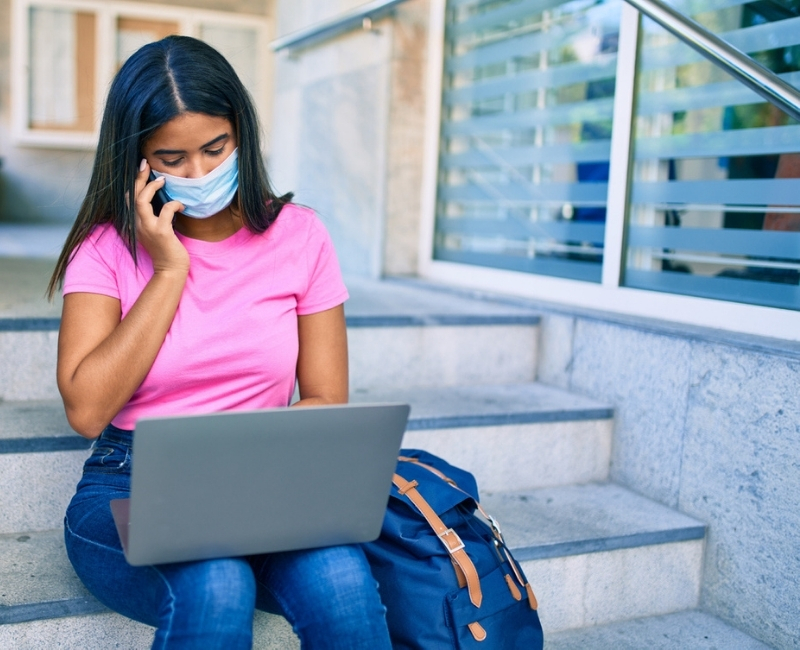
If your college student returns to campus after the long weekend, it isn't the time to breathe a sigh of relief. Everyone who saw each other should stay in touch and test again. In addition, plans should begin immediately for how the remaining winter holidays will be handled — and tweaked based on your experience with Thanksgiving if need be.


